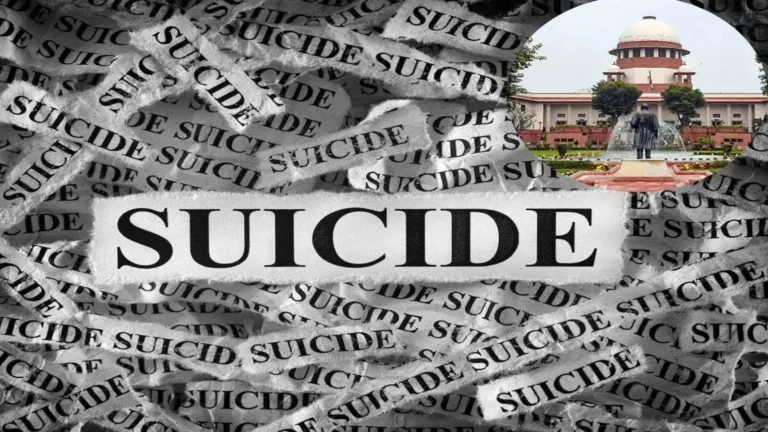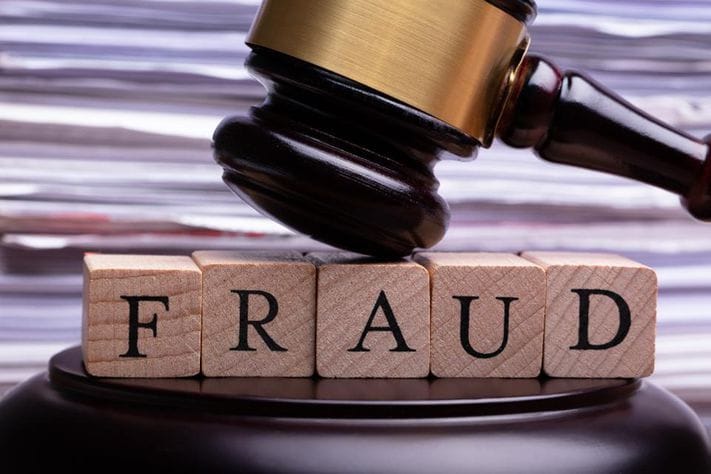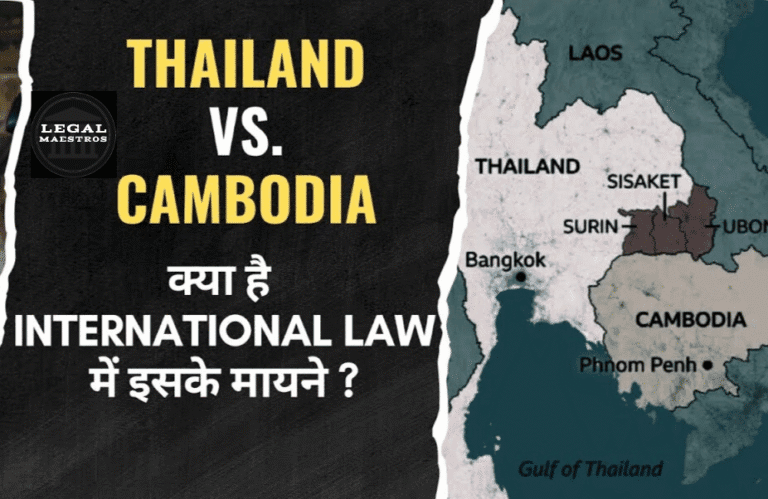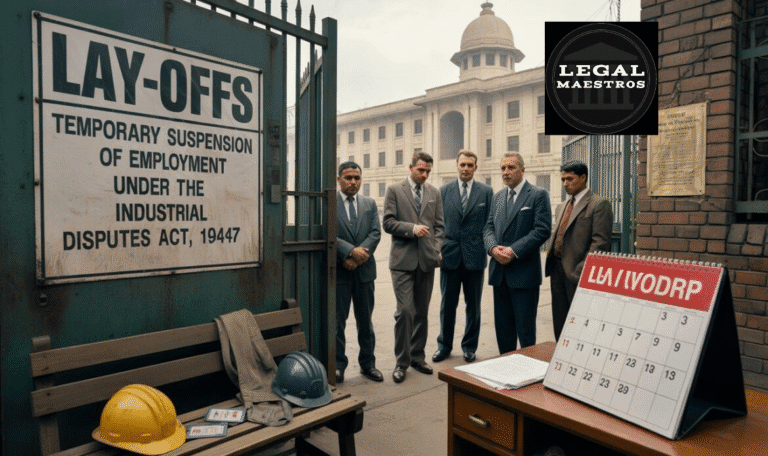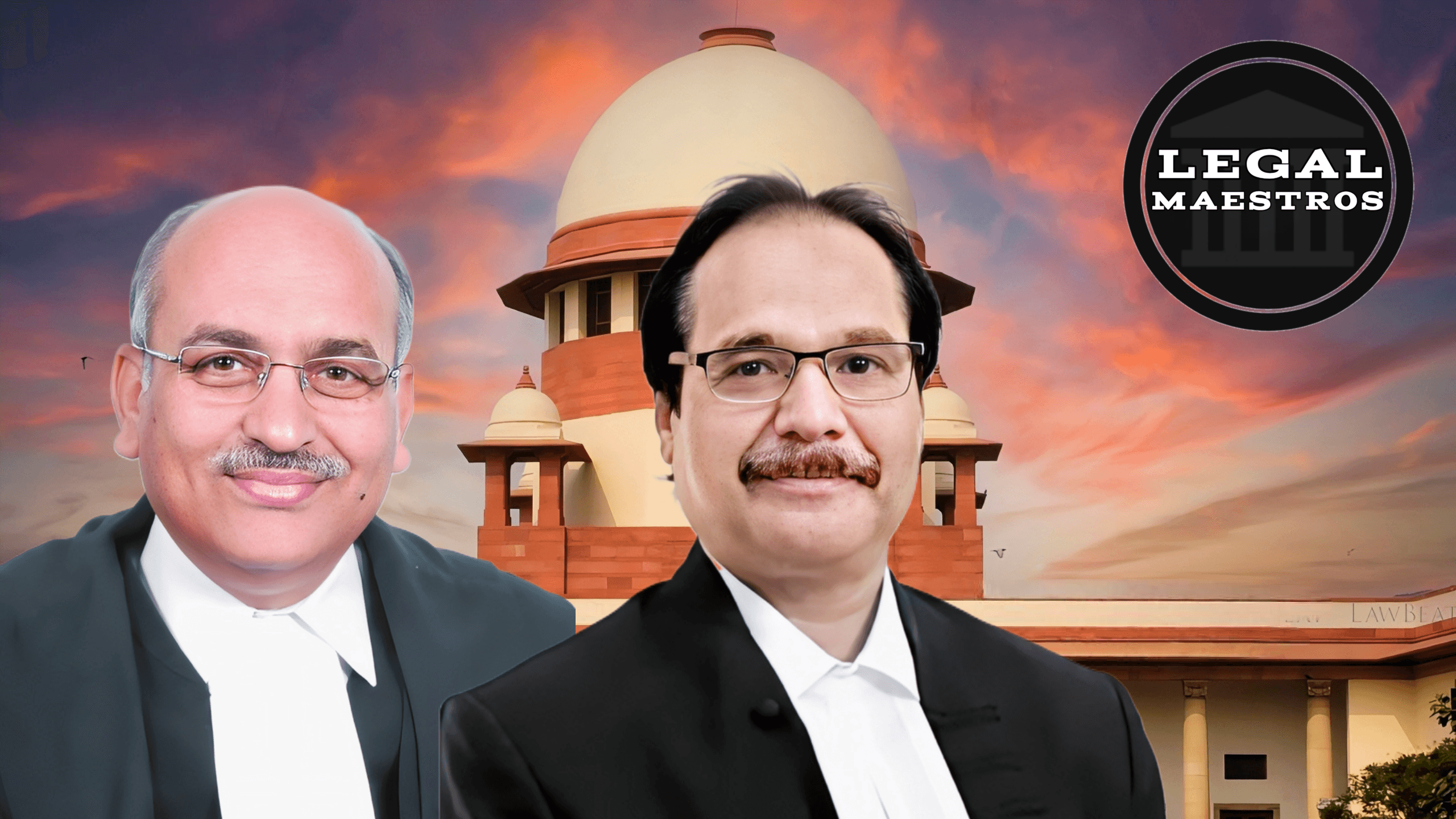
The Supreme Court’s opinion in S.C. Garg v. State of Uttar Pradesh & Another on April 16, 2025, is an important one that reinforces basic concepts of criminal law, notably those related to vicarious culpability, double jeopardy, and the finality of adjudication.
This decision makes it clear that a single director or manager of a company cannot be charged with crimes that the company is said to have committed unless the company itself is charged as an accused. The Court also strongly enforced the idea of res judicata, which says that once a court has made a decision on an issue, it can’t be reopened in a different way.
Facts About the Case
The appellant, S.C. Garg, was the Managing Director of Ruchira Papers Ltd., a company that made craft paper. The company worked with ID Packaging, which was run by the respondent R.N. Tyagi. Tyagi wrote eleven checks to Garg’s company between December 1997 and January 1998 as part of their business.
For More Updates & Regular Notes Join Our Whats App Group (https://chat.whatsapp.com/DkucckgAEJbCtXwXr2yIt0) and Telegram Group ( https://t.me/legalmaestroeducators ) contact@legalmaestros.com.
At first, these checks bounced since there wasn’t enough money in the account. A while later, four of the checks were accepted, but the other seven were not. Tyagi was charged under Section 138 of the Negotiable Instruments Act and found guilty in 2002. He was fined ₹3,20,385.
The High Court eventually settled all of the parties’ disagreements by a consensual settlement after Tyagi appealed. Tyagi paid the whole sum, and all related legal matters, including a civil suit, were settled to everyone’s satisfaction.
However, while the cheque bounce case was still going on, Tyagi filed a criminal complaint against Garg, saying that he had committed fraud by giving him cheques that had already been paid for with separate demand drafts. Because of this, a FIR was filed, and Garg was charged with cheating under Section 420 of the Indian Penal Code. The company was not charged with anything.
The Court Looks at Important Legal Issues
The Supreme Court looked at two important points in this case. First, could the criminal case go forward against a person even if the firm wasn’t charged as an accused? Second, whether these kinds of cases may go on when a court has already ruled on the same facts in a previous case.
Vicarious Liability in Criminal Law
One of the most important questions was whether Garg, as Managing Director, could be personally charged with the company’s alleged crimes. The Court relied significantly on earlier decisions, such as Aneeta Hada v. Godfather Travels & Tours, which made it apparent that for someone to be vicariously accountable under laws like the Negotiable Instruments Act, the firm itself must be an accused.
The Court made it clear that companies are legal people, therefore leaving them out as parties makes it impossible to hold their managers or directors personally liable.
The Court also made it clear that this rule is more stricter when it comes to crimes under the Indian Penal Code, such as cheating under Section 420. The reason is because IPC doesn’t say anything about vicarious liability in a legal way. So, the director’s prosecution was not legally possible without declaring the corporation an accused.
Using Res Judicata in Criminal Cases
Another important question was whether Tyagi could bring the same case back to court in a different criminal case after it had already been determined in the prior Section 138 case. The Court said that this was an abuse of process.
It pointed to consistent court rulings, including Pritam Singh v. State of Punjab, which invoked the idea of res judicata, which is usually used in civil law, in criminal cases as well.
The Court said that the same defense Tyagi used in the new cheating case had already been turned down by the trial and appellate courts. Both courts said that the payments by demand drafts were for different debts, not for the bounced checks. So, the case had already been decided and could not be reopened.
Using the criminal process for revenge and abuse of the legal system
The Court was worried that Tyagi’s criminal case was a counterblast, or act of revenge, against his conviction. He was trying to use criminal law to get back at someone by filing a new complaint about things that had already been settled.
The Court said again that criminal cases should not be used as weapons of revenge and should be thrown out if they are started for other reasons.
It also cited its prior decision in Iqbal @ Bala v. State of Uttar Pradesh, which said that when criminal law is employed, courts must look beneath the surface to make sure it is not being abused.
Reasoning by the Court and the Final Decision
The judges on the bench, Justice Prashant Kumar Mishra and Justice Pankaj Mithal, said that there was no legal basis for the criminal prosecution against Garg. There were two significant reasons to stop the proceedings:
First, Garg was being charged with a crime without the firm being charged as well, which is against the law.
Second, the claims had already been decided in the prior cheque bounce case, which the courts settled and the parties eventually agreed to.
The Court made it clear that criminal cases must come to a conclusion at some time, and after matters have been addressed, they should not be tried again under different names.
The ruling ended by dropping the charges against S.C. Garg and saying that continuing the case against him would be a terrible miscarriage of justice.
The Supreme Court’s decision in S.C. Garg v. State of Uttar Pradesh is a very important reminder of how important it is to be fair in the legal system and follow the rules. It strengthens two important parts of the criminal justice system: that vicarious liability must follow clear legal norms and that court decisions are final.
The Court safeguarded people from harassment and preserved the rule of law by not allowing duplicate or retaliation cases.
This decision makes it apparent that criminal cases must not only be based on facts, but also be able to be legally upheld. It is not only wrong to prosecute directors without making the corporation an accused, but it is also illegal. Also, utilizing criminal law to settle conflicts that have already been settled is a misuse of the legal system.
The verdict safeguards the honesty of the legal system and the rights of businesspeople. It separates real legal complaints from vindictive lawsuits, making sure that justice is fair, final, and not political.
